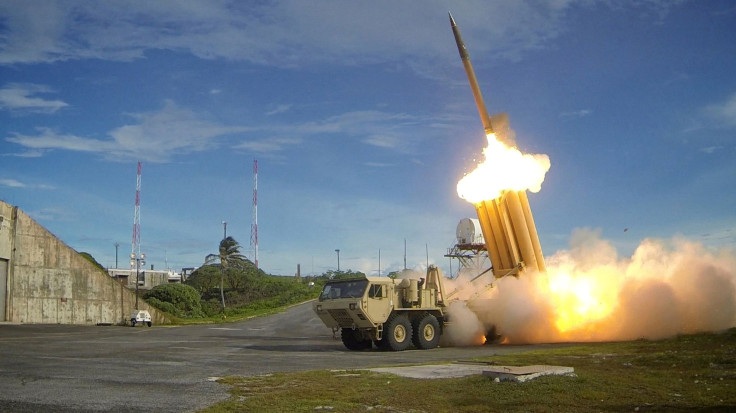South Korea News: Top Presidential Candidate May Choose China Over US Missiles

A top frontrunner to replace impeached South Korean President Park Geun Hye said Thursday he may renegotiate the deployment of a U.S. missile defense system that has strained relations with China.
Moon Jae In, who narrowly lost the presidential election by only 3 percentage points in 2012, called for sweeping changes in South Korean society and politics, which has been plagued by a corruption scandal that placed the Seoul's traditional policies in question. Moon and many other liberal top contenders for the presidency have expressed a desire to strengthen ties with China and soften South Korea's hardline approach to North Korea, which Moon called "a total failure."
The former opposition lawmaker voiced his skepticism toward one of the most contentious manifestations of Hye's conservative approach in the region, the proposed deployment of the U.S.' Terminal High Altitude Area Defence (THAAD) anti-missile system in South Korea. Washington and Seoul claim the apparatus is necessary for defending the country from the threat of nuclear and ballistic missile attacks from North Korea, which often threatens to strike its southern rival. China, Pyongyang's closest ally, along with Russia argue that the system violates the sovereignty and safety of their respective nations.
A number of South Koreans also oppose THAAD, seeing it as an arm of aggressive U.S. foreign policy in their backyard. At a press conference, Moon echoed these concerns and urged the current administration not to move forward with the missile-defense system until the country's domestic political situation had stabilized and that the decision to implement THAAD should rest with the next president.
"It is inappropriate for the THAAD deployment process to go on under the current political circumstances," he said.
There are currently 28,500 U.S. troops stationed in South Korea. The amount increased earlier this year in the wake of North Korean nuclear tests and wartime rhetoric. While Moon has said he wanted to maintain strong relations with the U.S. he has also supported a two-track approach toward Pyongyang, involving more talks with China and suggesting he would even be willing to meet directly with North Korean leader Kim Jong Un.
While reunification remains the official goal of both North Korea and South Korea, the countries have not hosted an Inter-Korean Summit since 2007.
© Copyright IBTimes 2025. All rights reserved.






















